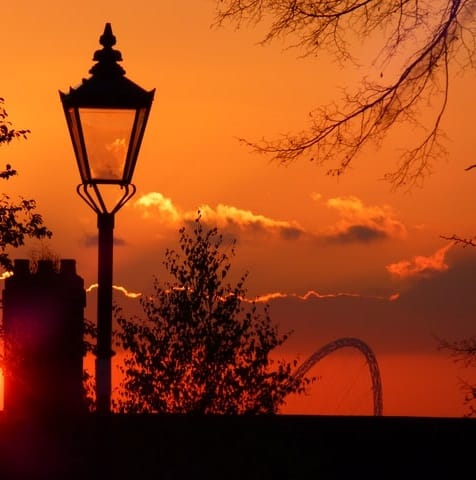Writing for Taxation magazine’s Readers’ Forum, BKL private client tax specialist Terry Jordan answers a query on the inheritance tax (IHT) implications of pension schemes set up as discretionary trusts, following Autumn Budget 2024.
The tax query
‘In the Autumn Budget 2024, the chancellor of the exchequer announced that funds in pension schemes will form part of a person’ s estate for inheritance tax purposes.
To be completely transparent, I had always thought that the reason why pension schemes are set up as discretionary trusts is so that they fell outside somebody’s estate.
If those funds are now to be included in a person’s estate, will there be any point in continuing to structure them as discretionary funds?
Will it now be possible to say exactly who you want the fund to go to, or are there other reasons why pensions funds will still need to be set up on a discretionary basis?’ Query 20,440 – Old Fogey.
Terry Jordan’s reply: The spouse/civil partner exemption is to apply to funds inherited by the survivor
‘Old Fogey refers to the announcement that pension schemes will form part of a person’s estate for IHT. Under the current proposals the change is scheduled to take effect from 6 April 2027. The value in the fund on death will be aggregated with the deceased’s free estate and any other assets liable to IHT. We are told that the pension provider will be responsible for settling the IHT due with HMRC before distributing the remaining fund. That means they will need to know how much, if any, of the nil-rate band (NRB) is available to them. The inclusion of the capital value in the deceased’s estate will also potentially impact on the availability of the residence NRB(s) in view of the tapering away of the bands when the total value of the estate exceeds £2m.
The recipients of the fund will also, as now, potentially suffer income tax at their marginal rates when drawing on the fund if the deceased was over age 75.
It is usual for the trustees of the pension scheme to have discretion over the recipients. Pension scheme benefits that are paid to an estate or a deceased’s personal representatives as of right fall within the estate under IHTA 1984, s 5. Similarly benefits that are paid in accordance with a binding instruction by a person fall within that person’s estate in accordance with s 5(2). This applies primarily to death benefits paid to nominated beneficiaries where the scheme provider has no discretion over the payments. In most cases the deceased will have made a nomination in the form of a non-binding letter of wishes.
If payment is made to a trust set up to receive death benefits, the property is no longer held for the purposes of a pension scheme. It is treated in the same way as any other relevant property and is liable to the ten-year anniversary charge and exit charges (IHTM17084).
The spouse/civil partner exemption is to apply to funds inherited by the survivor. Accordingly, some clients are now nominating their children as the recipients with a view to changing the nomination in favour of the spouse/civil partner if they survive to April 2027.’
The full article was published in Taxation magazine (issue 4966) and is available to subscribers here on the Taxation website.
Our private client tax team can provide expert advice on IHT, trusts and tax-efficient estate planning. We advise individuals, trustees and families.
Our colleagues at BKL Wealth Management provide specialist guidance on pension schemes.
Contact us today for a chat about how we can help you.


